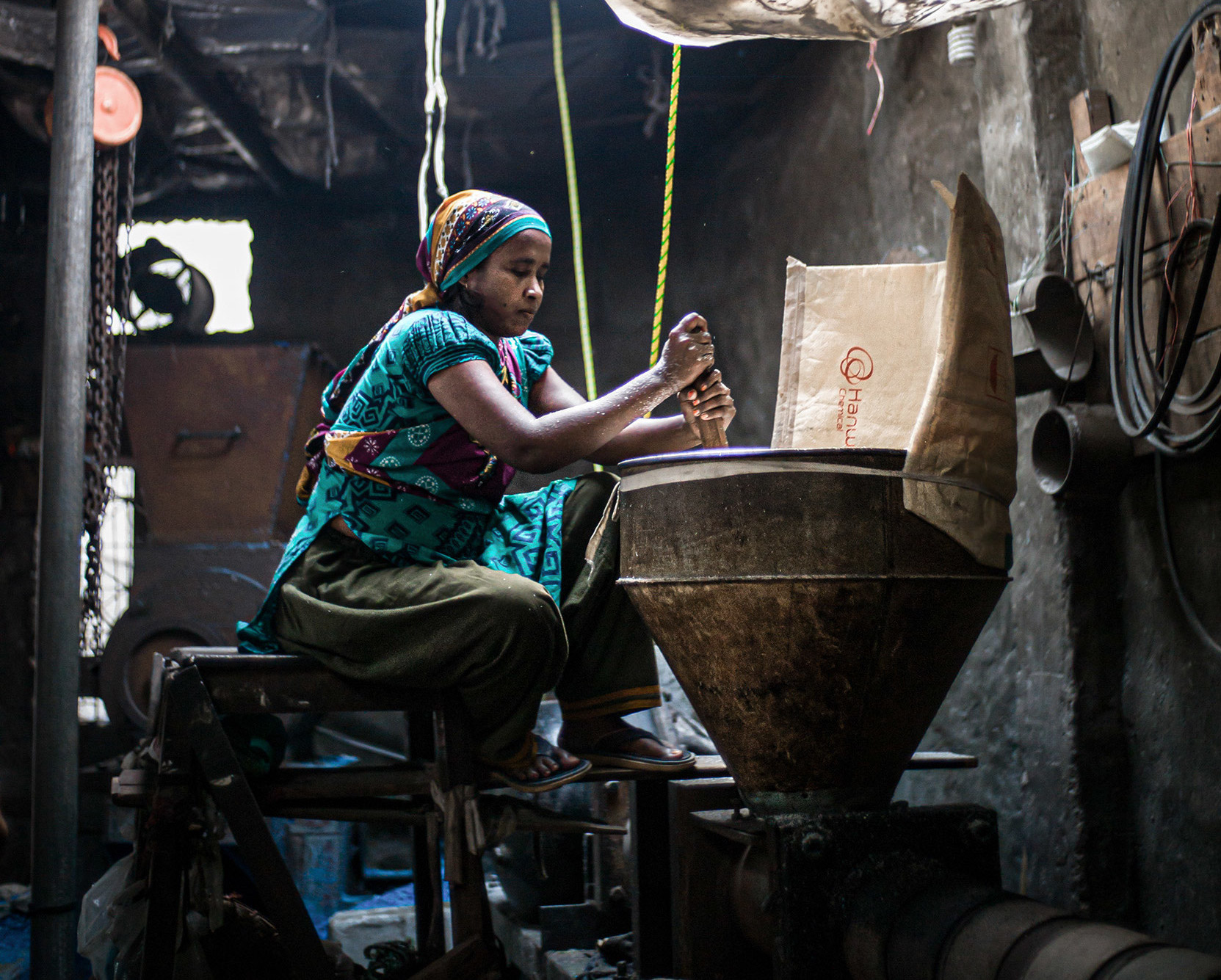
Recycling in Dhaka
As Dhaka drowns in waste, a handful of citizens are building employment and economic opportunities out of the rubble.
Dhaka creates up to 4000 tons of waste daily, yet somehow functions without a formal recycling system. Into this sticky void a handful of Dhaka’s citizens have stepped to collect, sort and recycle the waste that would otherwise end up end up at bottom of the Buriganga river, in toxic public landfill sites, or strewn across the city’s streets.
There are approximately 200 factories engaged in recycling plastic bottles in Bangladesh, ranging from brightly lit, air-conditioned factories to tiny, dimly lit and barely insulated tin sheds. I visited the latter. The most important part of being in a plastic processing plant is not one’s ability to process plastic, but one’s ability to process extreme heat. Within minutes of entering these tiny tin sheds, your body’s sprinkler system will be activated, drenching you from head to toe in sweat. For added fun, every flake, microfibre or particle of matter will decorate your skin by attaching itself to you. Attempting to wipe it off is futile, just embrace your skin’s new fluffy texture.
The sheds are a chaotic quagmire of wires, fans and furnaces; pools of chloride in one corner, a reverberating spinning mill the next. No-one (including me) wore any protection. One wrong move and a finger, arm or eye could be relieved of its duties, and with it, a worker’s livelihood. I almost learnt this the hard way by discovering a fan that had mischievously placed itself in the very spot I was backing into while creating space for a photo. The propellers gave me a (not so gentle) gentle tap on my shoulder, reminding me to stay focussed (idiot abroad). It’s the type of environment where a single lapse in concentration can be fatal.
Despite the conditions, the process itself is streamlined and synchronised. Once the plastic has made its way from the river banks to the processing plant, it immediately undergoes a refining process: chopping, melting, grinding before being turned into pellets. The pellets are cut into smaller pieces and melted in a furnace. The flakes are then stirred before the mixture is sent through a rotating screw to melt the plastic. It then comes out in threads before eventually being made into fibres and material for clothing, pillows, carpets and polyester sheets.